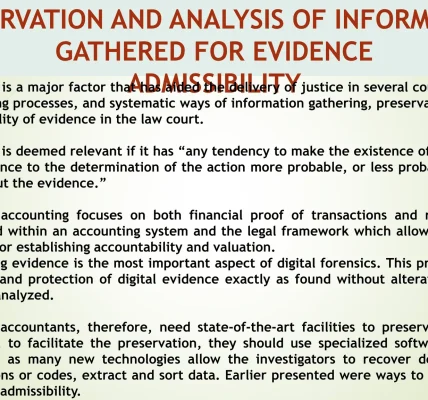Organising your finances can be both time-consuming and daunting, but there are tools out there to make this task much simpler.
Accounting tools are designed to streamline processes through automation, helping save you time by eliminating manual data entry. They can also reduce errors by automating and mainstreaming data.
1. Expense Tracking Software
Expense tracking software is a digital tool designed to keep track of all business expenses in order to provide an accurate account of cash flow. This enables finance teams to make more informed budget decisions.
The best expense trackers provide a user-friendly interface for expense submission, filing, and reimbursements. In addition to offering user logins, strong passwords, and facial recognition capabilities – they also boast an effective security system which protects data against unintended access by means of individual logins, strong passwords, or facial recognition features – as well as robust anti-hack protection against digital hacks.
Some expense management tools feature advanced analytics reports that provide insight into spending trends by department, category and vendor. They allow you to identify excessive spenders or policy violators so you can implement appropriate changes quickly; plus they help forecast future revenues based on past performance.
2. Expense Reporting Software
Instead of using spreadsheets or paper forms for expense reporting purposes, expense reporting software assists employees in tracking expenses more easily while expediting reimbursements more rapidly – making it simpler for businesses to maintain compliance with company policies and regulations.
Selecting an effective tool requires taking into account your company’s specific requirements. Make sure the software provides flexible expense policies, rules, and approval designation capabilities as well as tools for self-auditing that meet SOX compliance.
Users can submit expense claims via mobile apps as soon as they incur them, with receipts automatically captured and categorised for quick reimbursements. This helps finance teams reduce costs, identify trends and assess risk management opportunities more quickly. Integrated solutions offer seamless data flow across systems while standalone ones offer dedicated functionality for expense tracking.
3. Automated Reconciliation Software
Automated reconciliation software reduces human error and time-consuming manual work while ensuring money goes into the appropriate accounts, protecting against fraud or other costly mistakes that might go undetected.
Advanced reconciliation tools offer a centralized view of financial data, making it easy to access all information at once. Furthermore, they include reporting and analytics features that offer greater insights into your finances.
They allow you to easily share reconciliations with key stakeholders, increasing visibility and providing proof that finances are working effectively. Furthermore, they reduce opportunity cost by freeing up employees to dedicate time towards more demanding areas requiring higher level skills – something which may boost staff satisfaction and morale.
4. Time Tracking Software
Time tracking software enables team members to better allocate free time and stay focused on core tasks, ultimately increasing productivity and creating a healthy work culture. Furthermore, using time tracking software also enables companies to better estimate project deadlines and expenses more accurately; leading them towards consistent revenue than those without it.
An effective time tracking system serves as the cornerstone for reasonable resource allocation, helping avoid disputes and misinterpretation in invoicing and payroll processes while simultaneously elevating client satisfaction and employee morale. But to successfully implement it requires careful planning and execution – start by conducting an in-depth assessment of your accounting workflows to understand which tools will bring the greatest results for your business; contact us for assistance on how a multidimensional financial management solution could simplify healthcare agency accounting, reconciliation and reporting functions.
5. Financial Reporting Software
Finance teams face the difficulty of overseeing multiple financial processes simultaneously, such as reconcilations, regulatory reporting and invoice management. Data automation software helps finance teams manage these functions more effectively while also mitigating key person dependency due to processes being designed and run automatically which reduces manual error risk.
Recent financial reporting software trends feature data visualisations and dashboards designed to make sharing business updates simpler for finance teams, helping clarify complexities while improving communication with other departments.
Joiin is an ideal financial reporting software solution, as it aggregates all your finance-related data in one location and automates the creation of custom reports. Compatible with most accounting programs, sales platforms and payment processors. For pricing information please reach out.





